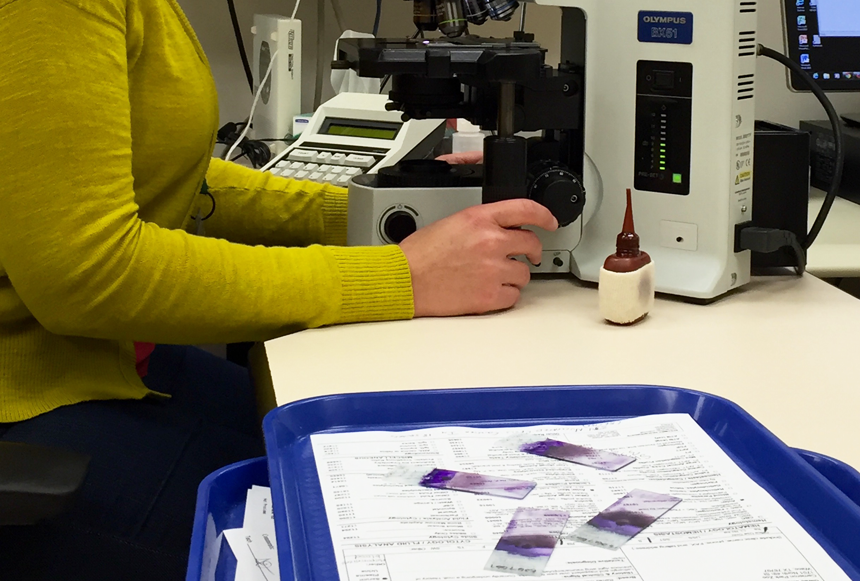Keeping your pets healthy, veterinary diagnostics is a top priority. Veterinary laboratories provide crucial insights for companion animals.
Through this guide, we’ll discuss the impact of routine pet exams and review common procedures.
What Are Veterinary Laboratories?
Veterinary testing centers conduct a range of tests to help diagnose conditions. These labs use advanced technology to support better medical decisions.

Core responsibilities of veterinary labs include:
- Detecting hidden diseases: This helps vets act quickly.
- Tracking chronic diseases: Supports long-term health strategies.
- Confirming treatments are effective: Improves treatment accuracy.
Essential Pet Health Exams
Veterinary labs offer a wide range of diagnostic options to identify potential problems. Essential health checks include:
- Blood panels: Check for infections.
- Urinary tract exams: Check for diabetes.
- Intestinal health exams: Check for dietary issues.
- Allergy panels: Help with skin irritations.
- Radiographic testing: Examine bones and joints.
laboratório veterinário pró vitalaboratorio de analises clinicas para animais
Why Routine Exams Are Important for Pets
Routine lab work is a critical part of pet ownership. By identifying potential problems early, they stay happy and healthy.

Key reasons for routine testing include:
- Longer, healthier lives: Providing ongoing support helps pets enjoy a better life.
- Cost-effective care: Managing minor issues promptly saves resources down the road.
- Closer connection through care: Feel secure in their care plan.
Why Testing is Key for Dogs and Cats
Veterinary laboratories provide vital support to vets in giving them the best care possible. Through consistent diagnostics, you stay ahead of potential health issues.
Schedule a diagnostic test today to give them the care they deserve!